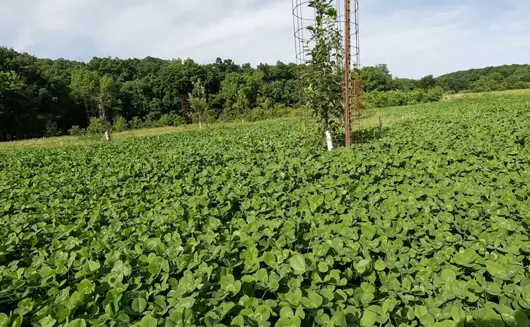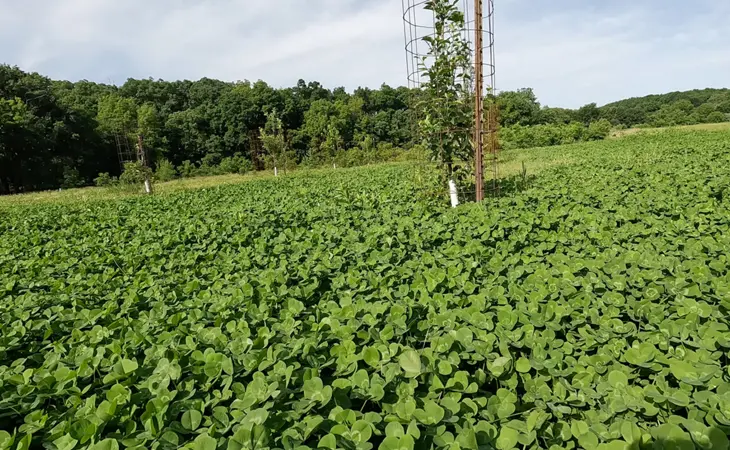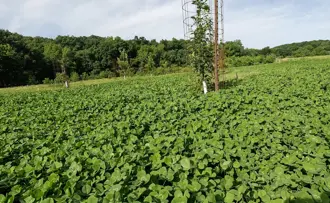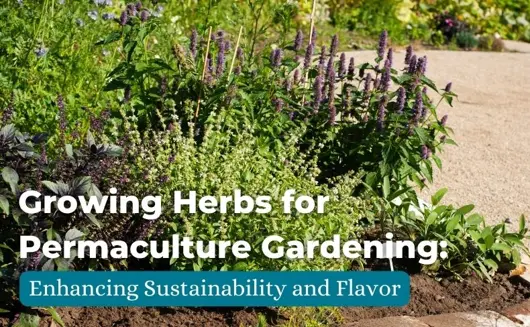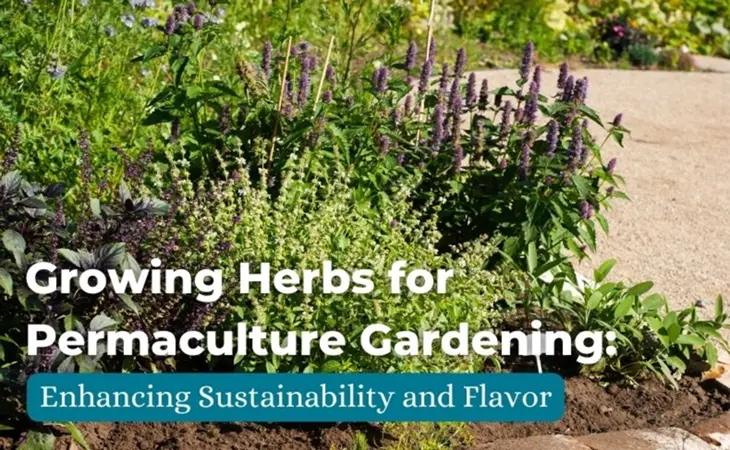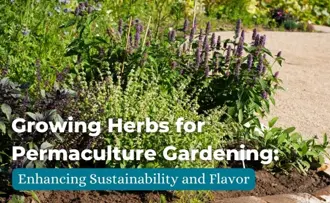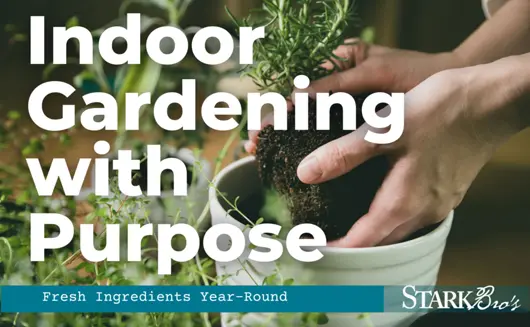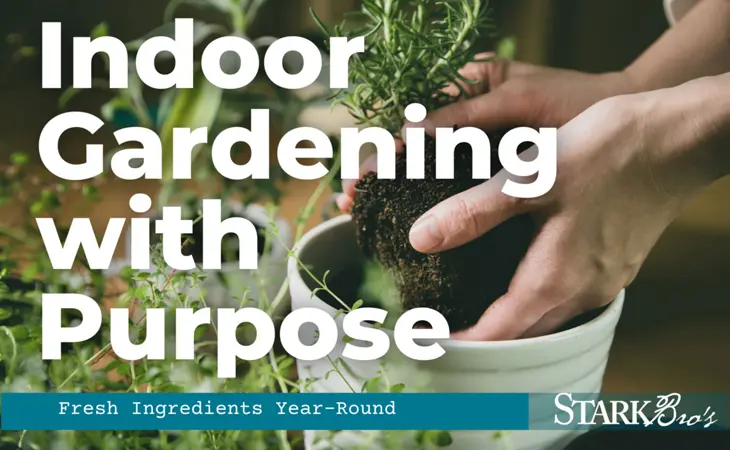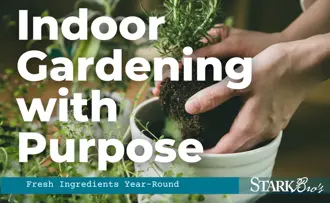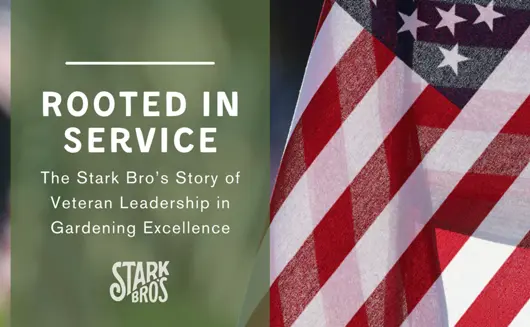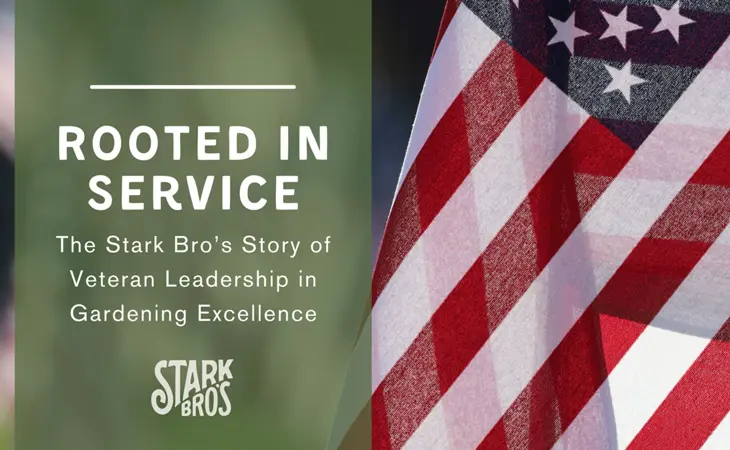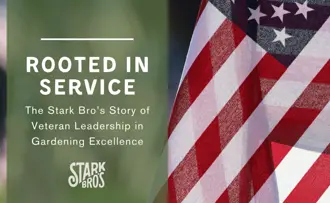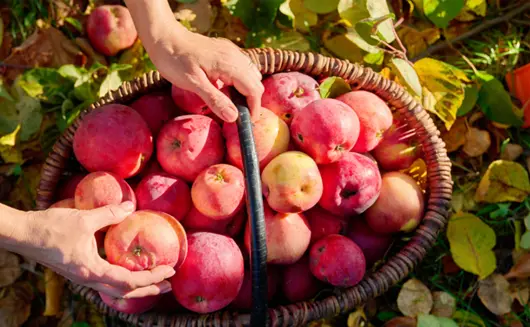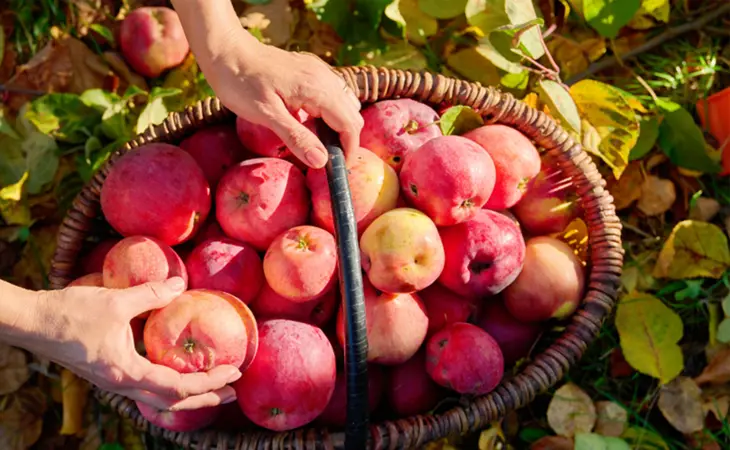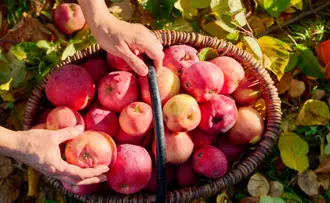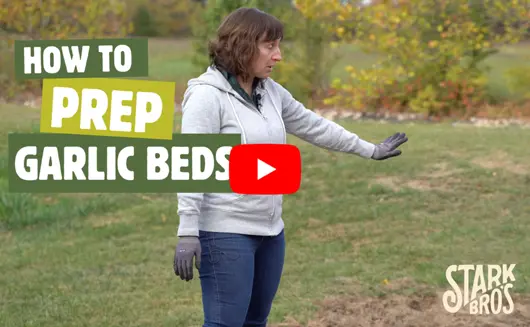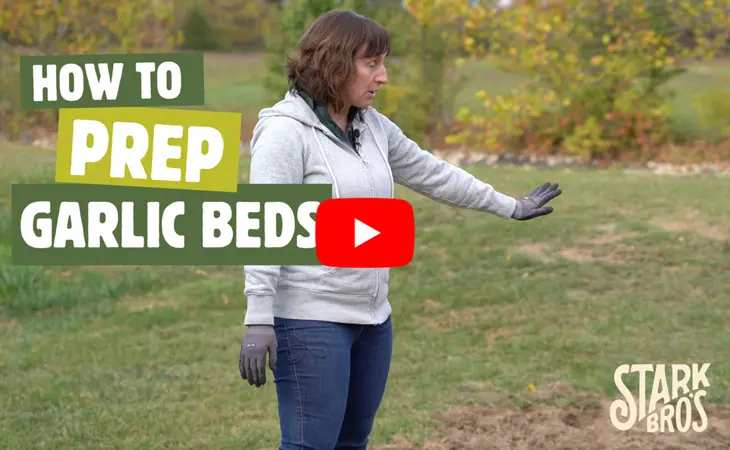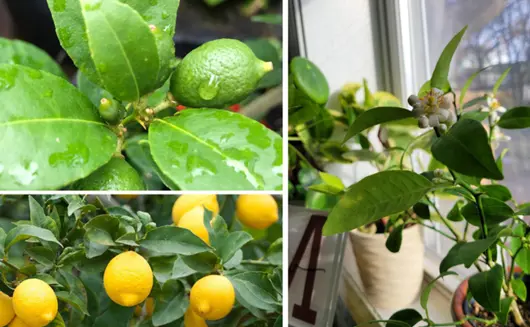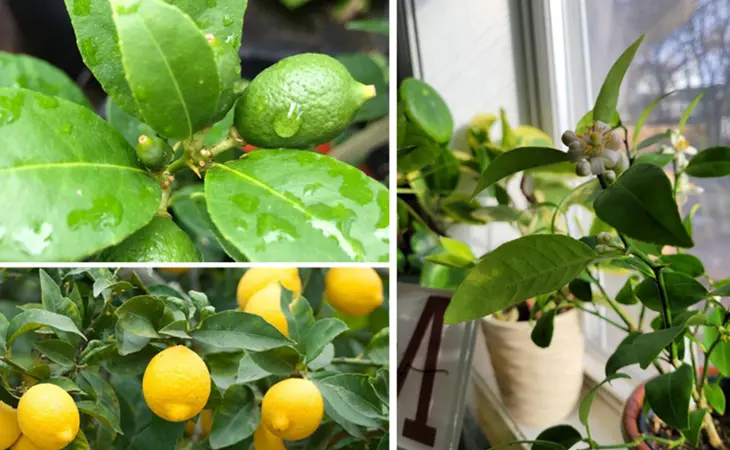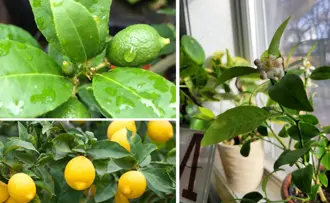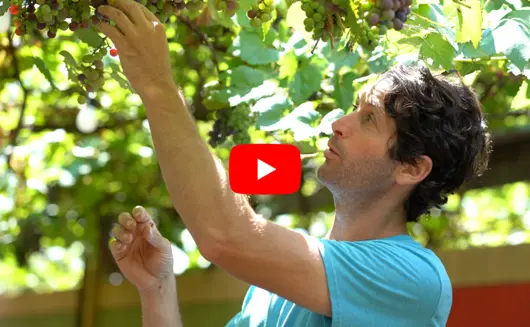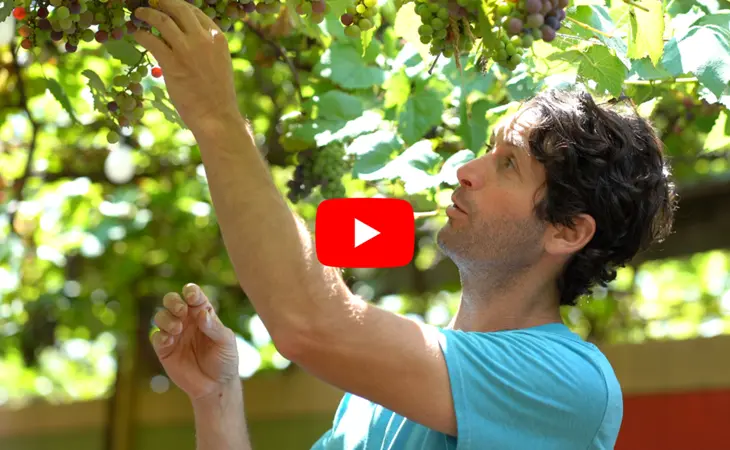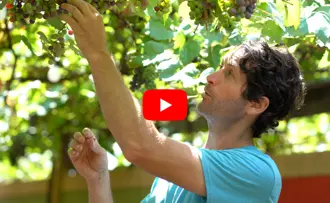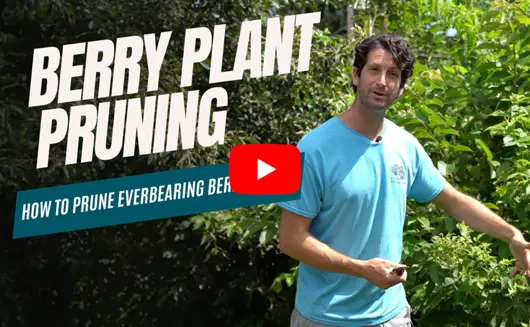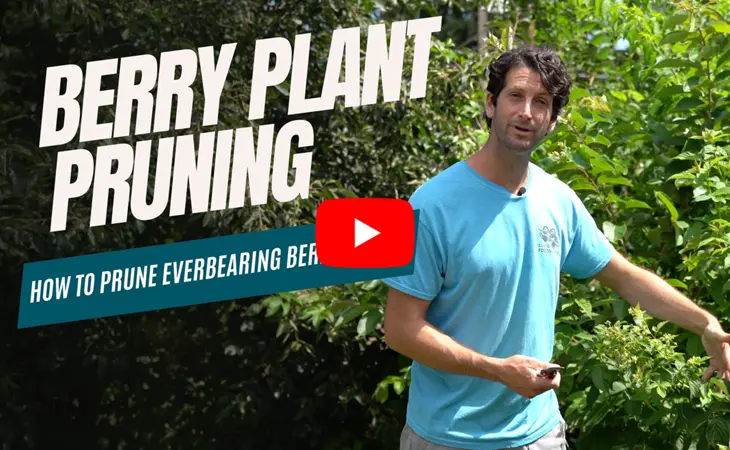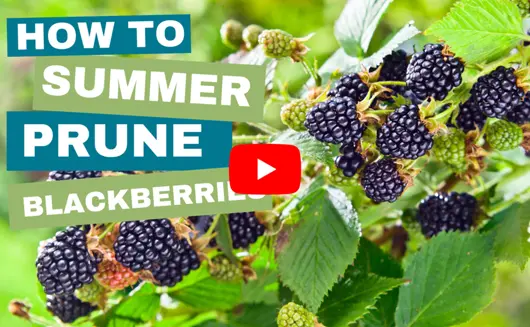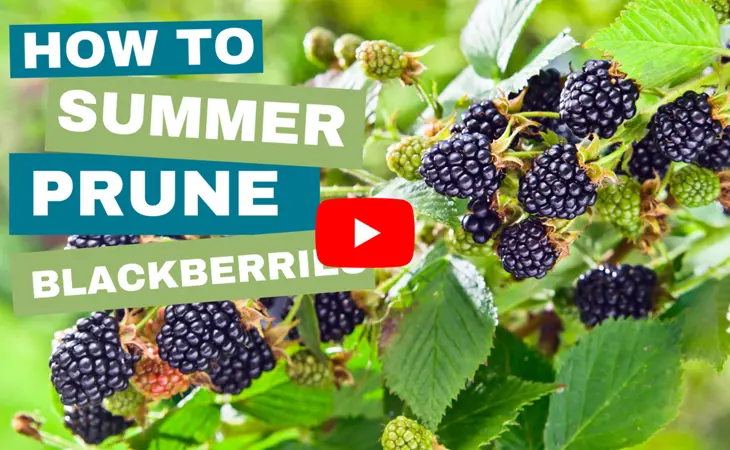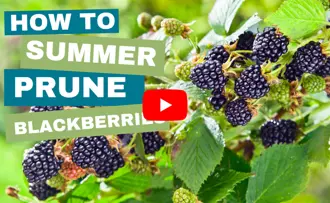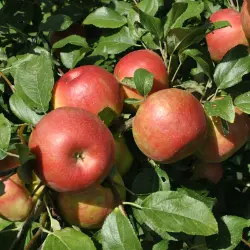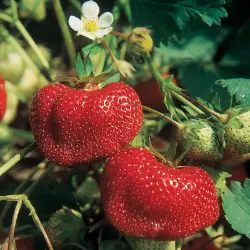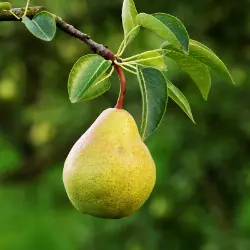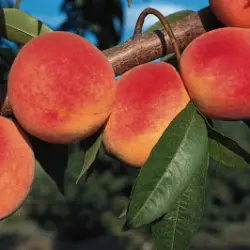Organic vs. Non-GMO vs. Hybrid: What’s the difference?
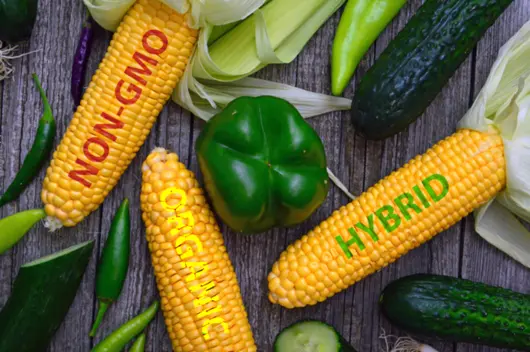
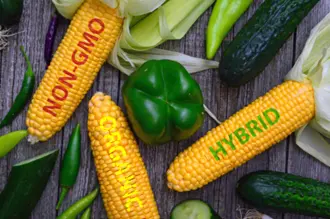
Organic
According to the USDA.gov website, organic agricultural production is defined as follows:
Produce can be called organic if it's certified to have grown on soil that had no prohibited substances applied for three years prior to harvest. Prohibited substances include most synthetic fertilizers and pesticides. In instances when a grower has to use a synthetic substance to achieve a specific purpose, the substance must first be approved according to criteria that examine its effects on human health and the environment, among other considerations.Crops [must be] grown and processed according to federal guidelines addressing, among many factors, soil quality, pest and weed control, and use of additives. Organic producers [must] rely on natural substances and physical, mechanical, or biologically based farming methods to the fullest extent possible.
The land parcel upon which Stark Bro's grows its organic trees has been nothing but pastureland for decades, far surpassing the USDA requirements. Our trees are kept weed-free by hand, and by planting organic cover crops of clover and rye between the rows, which actually fixes nitrogen in the soil rather than robbing it. Pests are addressed only with biological controls. There are dozens more specific criteria we must meet in order to call our trees "organic"; it’s not a term we use loosely, and we go to great lengths (and expense) to satisfy these very stringent USDA standards. Stark Bro's organic acreage is re-certified annually by the USDA, as are our organic trees.
Non-GMO
The USDA Organic regulations prohibit the use of GMOs (genetically modified organisms), defining them as:
a variety of methods to genetically modify organisms or influence their growth and development by means that are not possible under natural conditions or processes. Such prohibited methods include cell fusion, microencapsulation and macroencapsulation, and recombinant DNA technology (including gene deletion, gene doubling, introducing a foreign gene, and changing the positions of genes when achieved by recombinant DNA technology).
So, "organic" means "non-GMO", but "non-GMO" does not necessarily mean "organic" unless the GMO seed, plant or tree is grown according to the USDA Organic standards. GMOs are a hot-button topic because unlike traditional breeding methods that cross different-but-related plants, GMO laboratories cross entities from unrelated genetic kingdoms. For example, Monsanto has crossed genetic material from a bacteria known as BT (bacillus thuringiensis) with corn, with an eye toward creating an insect-resistant plant. If every cell of the plant contains BT, anything that eats the plant will be eating this bacterial insecticide. This GMO corn must be registered as a pesticide in and of itself, which has raised concerns about livestock feed and ultimately, the packaged meat products in your local supermarket. As of today, no labeling requirements exist for GMO seeds or foods grown from them. All of Stark Bro's trees, whether organic or conventionally grown, are non-GMO.
Hybrid
Commercial growers, gardeners and hobbyists have been breeding new cultivars for millennia. In centuries past, cross-pollinating two different-but-related plants over a span of 6-10 generations would result in a new plant variety. In the 1800s, Darwin and Mendel streamlined the process so that only one generation of breeding would result in the desired trait – now commonly known as f1 hybrid seeds. This more efficient kind of selective breeding has allowed farmers to develop thousands of varieties that are more adaptable to their local climates, soil and insect populations. The result is bigger yields, fewer problems and more successful harvests. Subsequent seed generations (f2, f3, etc.) produce more stable characteristics over time, and are commonly known as "heirloom" seeds. The biggest disadvantage of hybrids is that they don’t produce "true-to-parent" if you attempt to propagate them. For example, you can’t take a seed from a Gala apple and plant it, expecting to grow a new Gala tree, because it's a hybrid of "Kidd's Orange Red" and "Golden Delicious". What you get is anyone's guess! Stark Bro’s varieties are all true-to-parent because we graft a scion from a true variety and onto a rootstock, rather than planting from seed. If you want to save seeds, plant them and get another generation of "parents", then you should plant open-pollinated seeds.
Stark Bro's carries a vast array of reliable untreated heirloom, non-GMO, open-pollinated seeds.
- Article Categories:
- Organic Gardening


